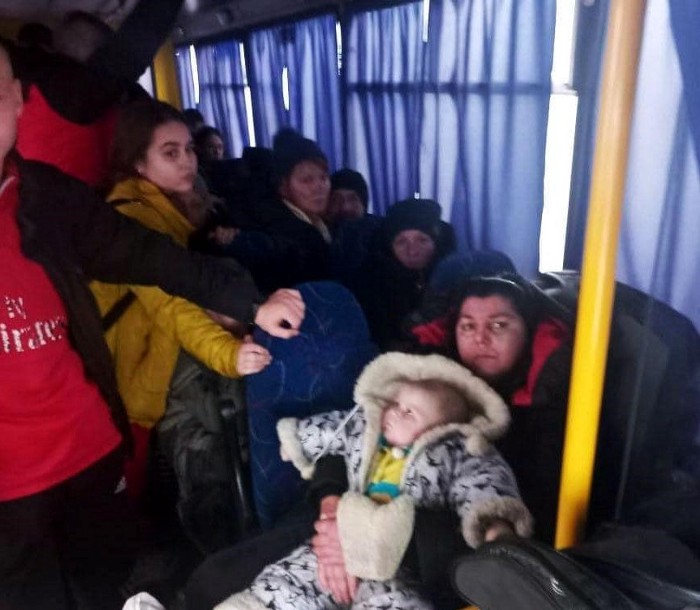
I spent much of life, and my career, looking on the bright side of things. Technology, media, and our newfound power to express ourselves in a digital age once gave me great hope for the future of the human collective. What could we do? What would we do? My books and articles were correspondingly optimistic about our ability to dig ourselves out of the environmental and economic messes we were creating for ourselves and, disproportionately, for the global poor.
Someone on a podcast asked me why I’m not an optimist, anymore. He had spoken with a friend who read the galley of my upcoming book about the tech billionaire “mindset,” and was concerned that my work no longer reflects so much positivity about our fate. And while I think of the book as more of a loving, if biting, critique of their over-the-top fantasies of escape, self-sovereignty, and technosolutionism, the podcaster’s worry got me thinking about optimism as a burden.
Throughout the 90’s and even early 2000’s, I saw it as my job to re-interpret pretty much any negative thing in the world as an opportunity for positivity. The dotcom boom? At least people are recognizing the importance of the net. The dotcom crash of 2000? That just means net has fought off its commercial infection. Trump’s election? Maybe his nationalism is just a primitive precursor to a new era of localism. And so on.
Still, it’s getting harder and harder to recast global events as one form of positive growth or another. And when we look at how much ocean rise is already baked in to our climate impact no matter how quickly we turn off every lightbulb on the planet, it’s hard to contort oneself into an optimistic frame of mind.
But since when is optimism about the future a requirement of happiness, connection, coherence, or even appropriate action? What if civilization is really about to have to deal with a billion or more climate and conflict refugees? While accepting this probability may make me look like a pessimist, I think it’s actually more hopeful — and certainly more effective — to believe we can rise to this occasion than to pretend it’s not happening.
Whatever I think about our likelihood of evading global catastrophe, the steps I would take to prevent it are the same ones I would take to prepare for it: increase my capacity for compassion, build local networks of support, develop regionally sustainable sources of food, water, and energy, and figure out how to welcome and scale everything to include large populations of incoming immigrants.
Even if everything goes to hell and none of those preparations work, they also happen to be the way to have the most fun and meaningful experience as that happens. If our civilization or perhaps even our species is doomed, let’s at least enact something closer to mutual palliative care than a descent into paranoid fantasies of individual survival through exclusion and violence.
Critics have compared this to the futility of the band playing music on the deck of the Titanic as the ship went down. But think of it: they played music on the deck of the Titanic as the ship went down! What more beautiful response to inevitable calamity can you imagine? That’s not optimism, but neither it is acceptance of defeat. It is the human spirit celebrating its claim to existence, expression of joy, and ability to comfort — in the face of death itself.
And the sooner we adopt such unconditional heroism ourselves, the better chances we’re going to have of navigating the waters ahead.